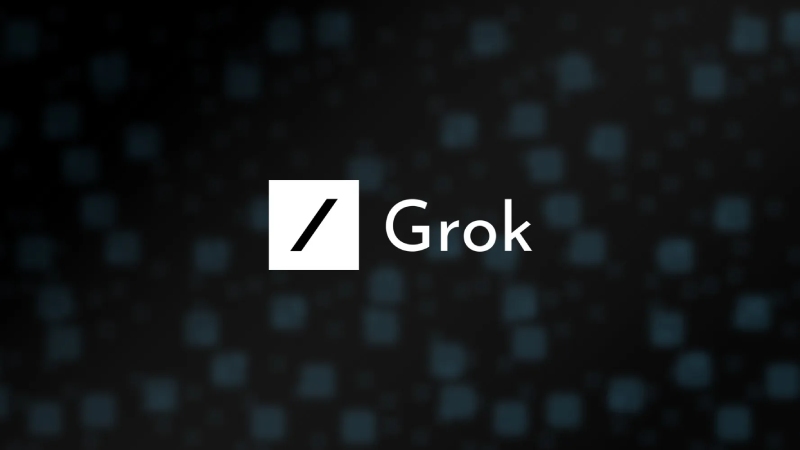Whether you are an innovation manager of a startup or large company, finding innovative ideas for your company is always part of your agenda. Like any innovative strategy, there are many paths to choose from. To that purpose, a fairly new technique – using AI to power-up the startup scouting activities – is making its way into the corporate world and making the path clearer.
You may be asking yourself, if you have never heard of startup scouting, what this practice entails and how it will benefit you and your company but, of course, there is no single or simple answer. Let’s take a look at what startup scouting is all about, how people use it, some alternative practices together with their shortfallings, and in which sectors can startup scouting be helpful.
What is startup scouting?
Startup scouting is the process of identifying, evaluating and selecting the best startups to work with.
How do people use startup scouting?
Many people use startup scouting to find the best next partner they want to sell to or buy from, others use it in terms of M&A and Corporate Venturing to identify the next startup gem.
What is the next big thing in startup scouting?
The recent development of Artificial Intelligence opens the way to AI-powered Startup Scouting, like for example Novable does. Some inspire themselves with innovative initiatives in their fields, innovation managers use it to run background checks of their ideas and increasingly, companies search for startups to test a new product or technology before investing in them.
What are the alternatives and why are they not the right fit?
The most known alternatives are databases. Tools such as Crunchbase or Owler are of course useful, in the sense that they contain large amounts of data. However, that characteristic is their weakness as well. Databases are big pools of data with little guidance on where to look or where to start. As a user, you rely on keywords and taxonomy, meaning that your task can take long before it will be complete. Additionally, databases contain many errors and outdated information. All-in-all, databases provide a one-size-fits-all result.
Another alternative are network-based channels such as conferences and startup events to attract like-minded people. As you can imagine, though, these types of events are low in reach and require lots of money and time to prepare.
Lastly, the next best thing would be hiring a consultant. However, in this way, you are only delegating your work to someone else. Its quality might increase, but it remains inefficient and time-consuming, as well as very expensive.
Which sectors can benefit from this practice?
Any sector can benefit from startup scouting. However, it is worth mentioning the impact it can have on the energy sector, for example. Saying that our environment is in danger is a fact, and with the help of innovation scouting, businesses, governments and non-governmental institutions can find solutions to keep growing economically yet making a difference and contributing to the reversal of these issues. The good news is that there is hope for the future in regards to the energy sector and what it can do to better lay that path down.
Startup scouting has therefore a lot of potential to become a basic tool in many industries. It gives the power to innovation managers to transform businesses, to reinvent them, to make them stay relevant and give them a competitive advantage. All-in-all, what startup scouting allows you – the user – to do is to delegate by leaving the heavy tasks to the computer. Additionally, it allows you to automate by inserting a briefing into the computer and, finally, it allows you to stop wasting time engaging with companies that would have been disqualified earlier on — you arbitrate.
Topics #Artificial intelligence #Startup Scouting










